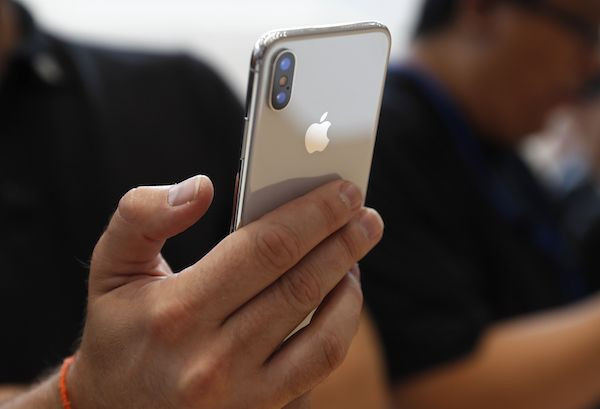Apple Rebuts Story It Compromised Face ID For Speedier iPhone X Production

Apple has quickly responded to Bloomberg’s report that the accuracy of the Face ID feature of the iPhone X has been compromised due to certain testing changes the company allegedly implemented to boost production of the new iOS 11-running smartphone. Though the Cupertino giant refuted the idea that it reduced the accuracy spec for Face ID, it did not deny that it made testing changes for the module.
On Wednesday, Apple reached out to Apple Insider to address Bloomberg’s report and clarify that the accuracy of its Face ID sensor on the upcoming iPhone X has not been downgraded. “Bloomberg’s claim that Apple has reduced the accuracy spec for Face ID is completely false and we expect Face ID to be the new gold standard for facial authentication,” Apple said.
Apple then went on to insist that Face ID will be a competent authentication system for the 10th anniversary iPhone model. “Face ID is a powerful and secure authentication system that’s incredibly easy and intuitive to use. The quality and accuracy of Face ID haven’t changed. It continues to be 1 in a million probability of a random person unlocking your iPhone with Face ID.”
It was indicated in Bloomberg’s story that Apple may have “relaxed some of the specifications for Face ID” in order for to increase yields. The report also claimed that this has downgraded the quality of the TrueDepth camera’s Face ID, but insisted that the new biometric system would still be more accurate than Touch ID.
“It's not clear how much the new specs will reduce the technology's efficacy. At the phone's official unveiling in September, executives boasted that there was a one in a million chance that an interloper could defeat Face ID to unlock a phone. Even downgraded, it will probably still be far more accurate than Touch ID, where the odds of someone other than the owner of a phone being able to unlock it are one in 50,000,” a portion of Bloomberg’s report read.
Bloomberg’s report was obviously intended to explain how Apple plans to remedy the extremely limited iPhone X units at launch. Previous updates about the iPhone X’s production stated that Tim Cook’s company was struggling with the number of components needed to manufacture the iPhone X. Industry sources said at the time that the slow production of the flagship phone had to do with the inclusion of new technologies.
Apple’s statement now removes doubts regarding the accuracy of Face ID. MacRumors pointed out that the Cupertino giant has even shared specific accuracy numbers and details about the new and advanced biometric feature. This further proves whatever testing changes Apple made to increase the production of iPhone X would not, in any manner, downgrade the quality of Face ID.
Apple’s iPhone X is scheduled to arrive on Nov. 3. The handset features a 5.8-inch Super Retina OLED display, the A11 Bionic processor and a 3D-sensing TrueDepth camera that is responsible for the implementation of Face ID. The TrueDepth camera is composed of a 7-megapixel sensor, an infrared camera, a flood illuminator and a dot projector — all of which work together to accurately identify the user’s face for authentication purposes.
© Copyright IBTimes 2024. All rights reserved.




















